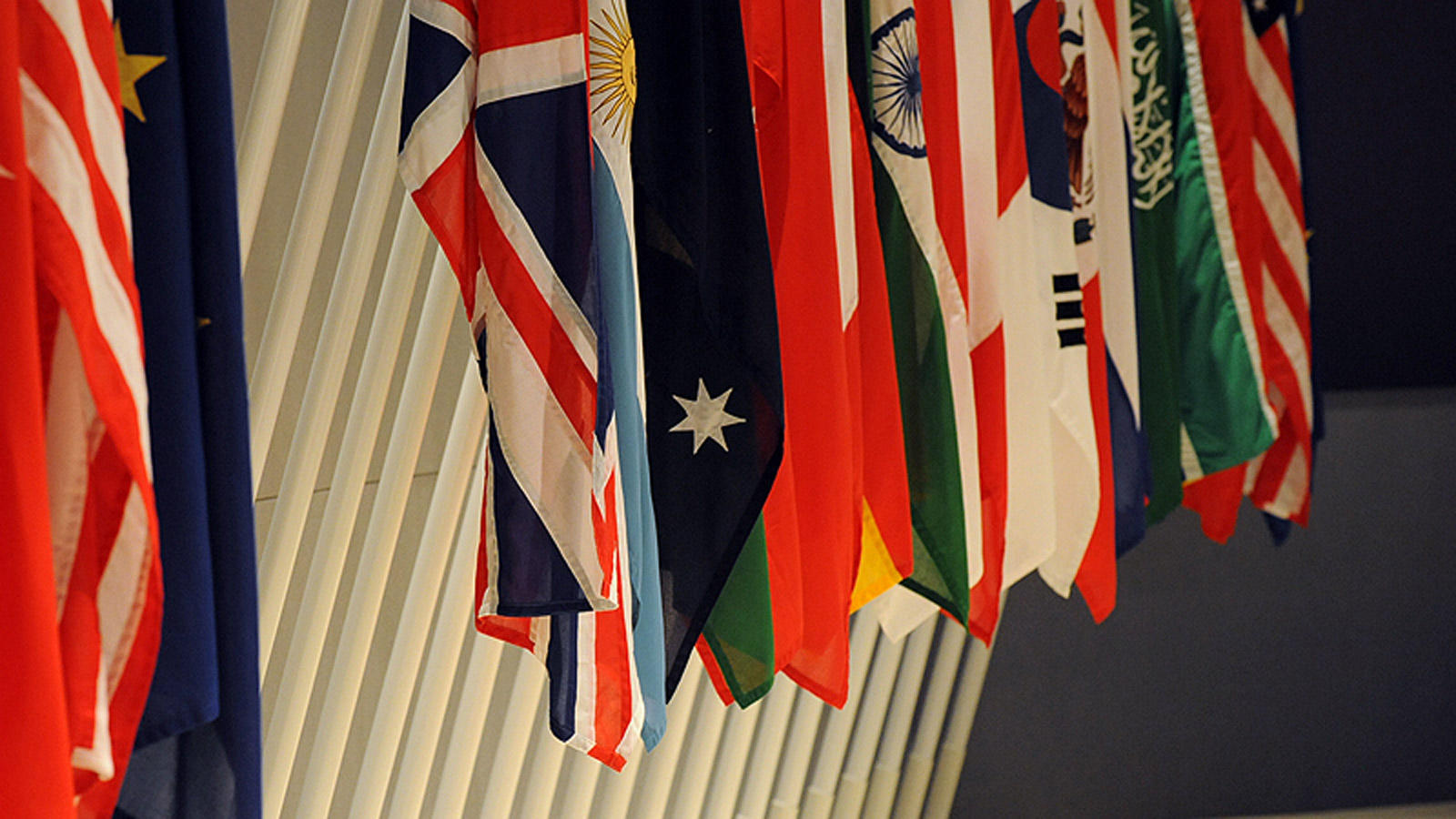
Global cooperation on the 10 issues received mediocre grades "C"
The survey asked the heads of 26 international think tanks to evaluate global efforts on ten of the most important issues in 2018: the global economy, nuclear non-proliferation, climate change, development, global health, trade, cyber governance, transnational terrorism, and both interstate and intrastate, i.e., internal, conflict. International cooperation got a slightly improved grade "C" from global thinktank leaders, barely up from a C- given in 2017, but marking the first time the overall grade has improved in the four years that a grade has been assigned.

International think tanks are concerned with the lack of leadership but still see progress is possible
Amid the destabilizing international order in 2018, the overall impression was of a vacuum of global leadership and a world adrift. Despite these trends, the Council of Councils (CoC) awarded international cooperation a C for 2018. This improved grade reflected in part a recognition that the world could be disorderly but that progress is still possible. Moreover, other countries were at times prepared to take the initiative on transnational challenges such as climate change, even in the absence of U.S. participation. The CoC notes the world made progress on preventing and reversing nuclear proliferation and combating terrorism during 2018. Comments are below:
"For the first time in the history of the Report Card, the CoC calls on global leaders to prioritize a human security challenge in 2019, namely, mitigating and adapting to climate change. In past years, the heads of CoC institutes had focused primarily on hard security issues such as combating terrorism and managing conflict. At the same time, CoC leaders are cognizant of the scope and difficulty of the task ahead, designating climate change as among the challenges least likely to register progress this year. The CoC also urges greater focus on managing the global economy, given the uncertainty and risks, and is also optimistic for progress in 2019."
On the other hand, The Genron NPO President Yasushi Kudo states critically that international cooperation in 2018 was poor. He notes "this evaluation is the result of not so much a setback as a deterioration in almost all areas of multilateralism-based international cooperation, with little prospect for improvement. Behind this setback for multilateralism-based international cooperation lies the absence of leaders. It is evident that Europe and Japan are working to maintain the rules-based international order. The world should not underestimate their moves, but there is no denying that these efforts are not yet powerful enough to establish them as global leaders able to drive international cooperation."
He added "Rather, in 2018 the world began to take a new direction with U.S.-China rivalry as an axis. Depending on the future course of the relations between Washington and Beijing, however, the world is likely to face major divisions," and warns an increasing risk that economic and trade frictions will escalate security issues.
Report Card on International Cooperation 2018-2019: Ranking of Opportunities for Breakthrough
| Global Issue Categories | 2018 |
2017 |
Promoting Global Health |
B- |
B- |
Advancing Development |
C+ |
C+ |
Combating Transnational Terrorism |
C+ |
B- |
Managing the Global Economic System |
C+ |
B- |
Preventing and Responding to Interstate Violent Conflict |
C+ |
C |
Expanding Global Trade |
C |
C |
Managing Cyber Governance |
C |
C- |
Mitigating and Adapting to Climate Change |
C |
C+ |
Preventing Nuclear Proliferation |
C |
D+ |
Preventing and Responding to Intrastate Violent Conflict |
C- |
D+ |
| G r a d e | C |
C- |
⇒ Read more: The Genron NPO's Grade on International Cooperation 2018
The Council of Councils is a CFR initiative connecting leading foreign policy institutes from around the world in a common conversation on issues of global governance and multilateral cooperation. The Council of Councils draws on the best thinking from around the world to find common ground on shared threats, build support for innovative ideas, and introduce remedies into the public debate and policymaking processes of member countries.

Post a comment